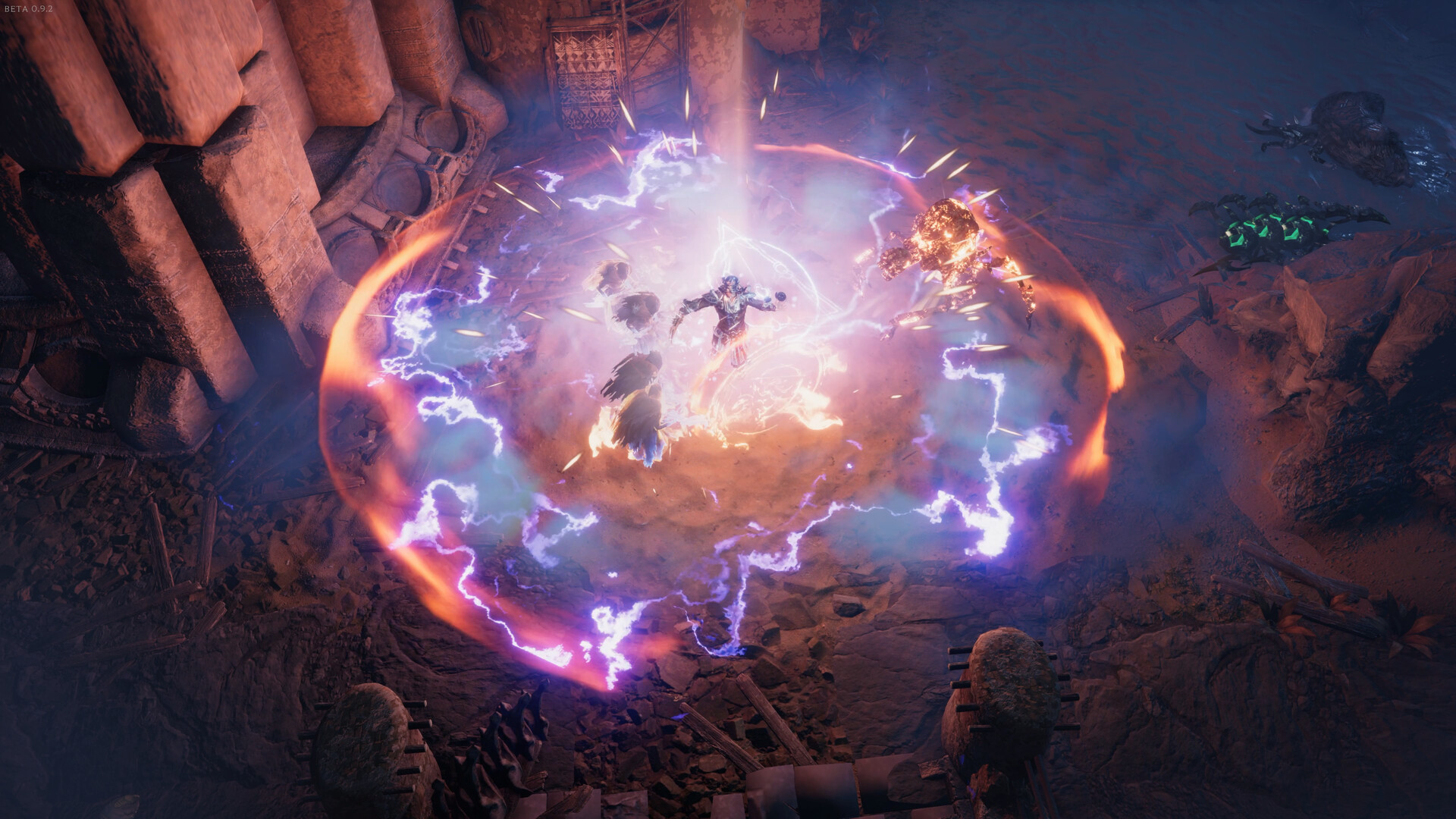Xbox at E3 2018 showed a fire and passion I'd love to see from Microsoft in general
Microsoft's E3 2018 from the Xbox division was a huge hit, dominating social media metrics, showcasing the best that the industry has to offer. Why can't the rest of Microsoft do that?
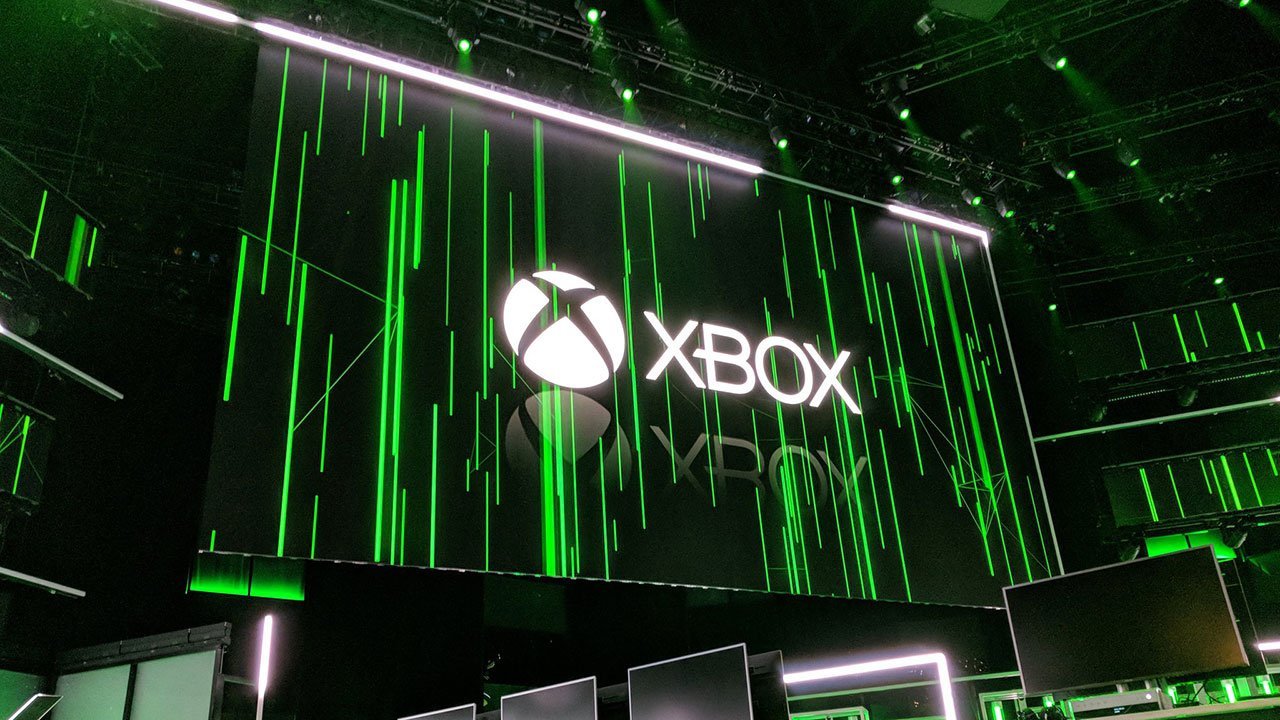
One of the big conversations we often have among Microsoft fans is, "Is Redmond really pro-consumer?" At least one division showed that passion at E3 2018, as the Xbox team led by Phil Spencer showcased a huge investment roadmap in new Xbox hardware, new Xbox technology and features, and new Xbox software in the form of games.
It was a flurry of fire and passion I haven't seen from Microsoft, well, frankly ever, since I've been following them as a blogger. The level of excitement from Xbox fans was immense, my DM notifications on Twitter went into rapid fire, and even commentators typically critical of Microsoft found it hard to find things to nitpick. It was just a great show.
So then, why can't the rest of Microsoft seem to showcase the passion and long-tail investment in its products that I know the company has?
Xbox is fans-first, but what about the rest of Microsoft?
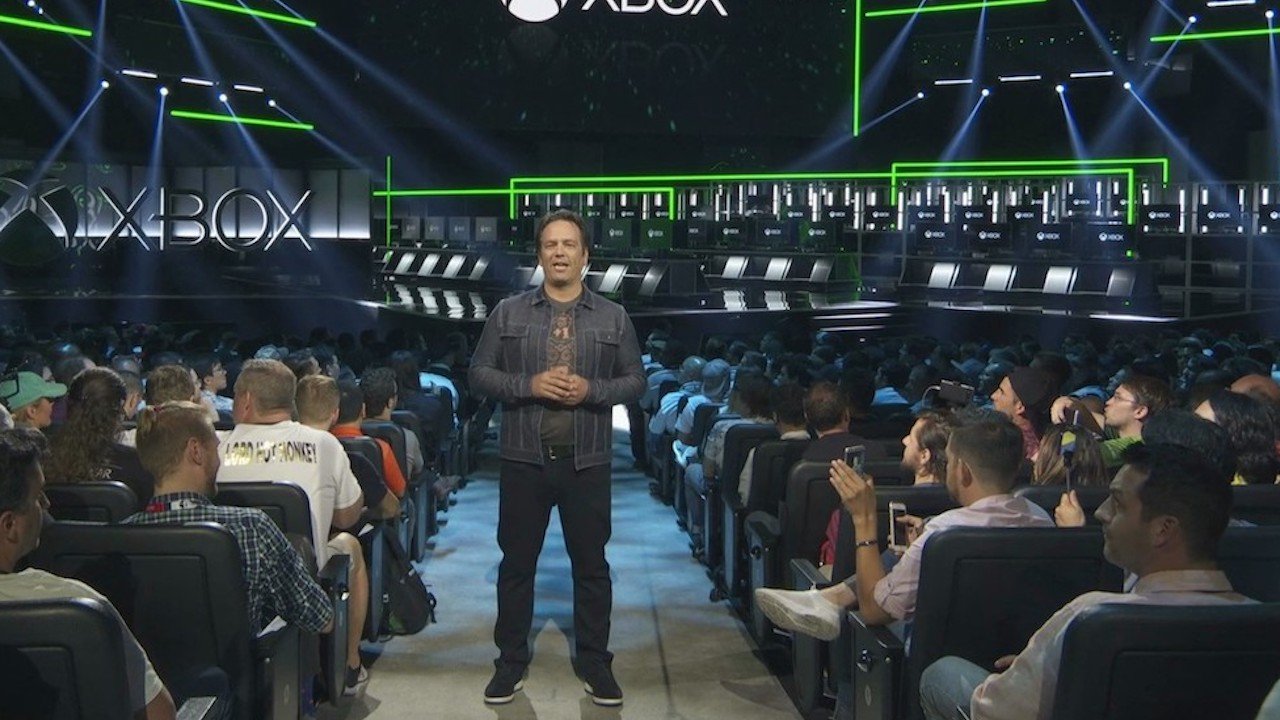
The messaging at the Xbox E3 2018 showcase couldn't have been clearer; "we hear you." As a company that prides itself on user-collected feedback, the only part of Microsoft that I feel completely satisfies that mentality it Xbox, and thanks to the re-organization, Spencer can finally deliver what fans are asking for free of Microsoft's previous apparent lack of ambition.
Phil Spencer announced not one, but five new studios would be joining Microsoft's first-party game portfolio. Playground Games, Undead Labs, Compulsion Games, Ninja Theory, and a ground-up new studio called The Initiative. That's millions and millions of dollars worth of investment to address what fans have been asking for, which is high-quality exclusive games. It will take time, sure, but the feedback has finally been addressed and in a big way.
Microsoft also moved its showcase to the Microsoft Theatre, specifically so they could get more fans into the building. The energy from the crowd was immense, and while the live stream's audio does incredibly well to hide it, there are videos online that can give you an idea of the energy in that room.
With one note, I got chills and the crowd exploded. What an incredible moment! @PlutonForEver @k_wolfkill pic.twitter.com/4MySqSv3WnWith one note, I got chills and the crowd exploded. What an incredible moment! @PlutonForEver @k_wolfkill pic.twitter.com/4MySqSv3Wn— Dan Greenawalt (@dan_greenawalt) June 11, 2018June 11, 2018
It's silly to suggest that marketing Windows or Surface should be similar to that of Xbox. It's a completely different market, different use cases, etc. But, truth be told, Surface, Windows, and beyond do have their fans, and nobody knows that better than us at Windows Central, where our awesome forum community remains one of the busiest places to discuss the ecosystem. Those fans are influential, too, and evangelize products and services they like, and obviously, talk down the stuff they don't like.
Get the Windows Central Newsletter
All the latest news, reviews, and guides for Windows and Xbox diehards.
Windows and Surface fans have plenty of reasons to celebrate, but the engagement between those divisions and its users seems virtually non-existent when you compare them to what Microsoft is doing with Xbox.
Build is for devs, tho
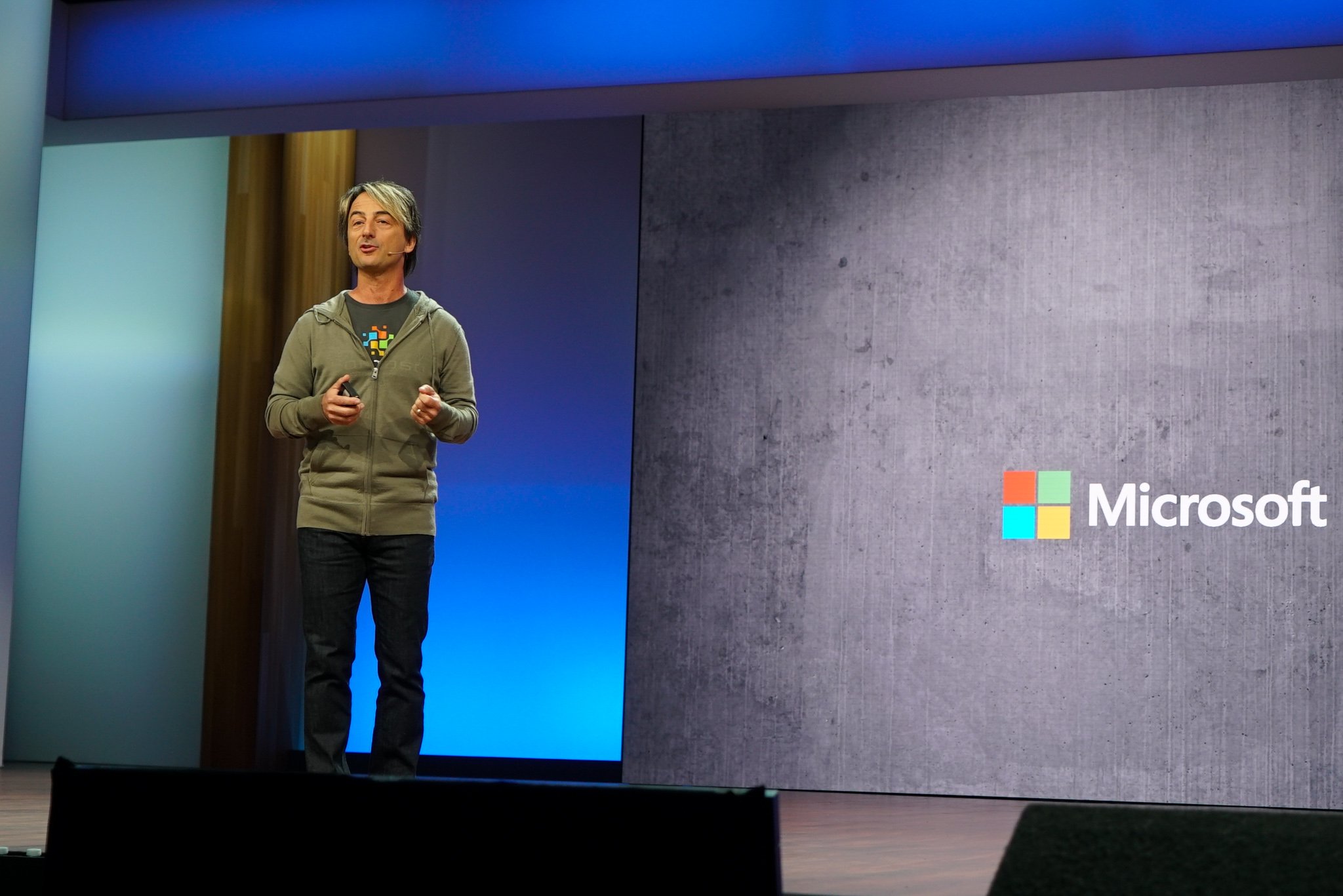
During the Windows Phone era, Microsoft started treating Build a little differently than they had in the past, and even now. Build has always been a developer conference, where Microsoft's corporate partners and independent devs can learn, network, and ultimately grow. And for that, Build remains awesome. However, a few years ago, it felt like Build had become a celebration of all things Microsoft. We've seen Phil Spencer on stage at Build, demonstrating UWP features for game developers. We've seen insane HoloLens demonstrations, new features for Windows, whether it's on PCs, tablets, or phones (rest its soul).
We still get elements of that, but the surprises and excitement just isn't there anymore, and Build 2018 (and other recent years) firmly demonstrated that Microsoft wants to focus entirely on developmental software and strategies, featuring lengthy live code demonstrations with gratuitous use of the latest corporate tech world buzzwords. Which, of course, is fine, but I lament a time when the Microsoft ecosystem felt like a cohesive entity pulling together, delighting consumers and customers as well as devs.
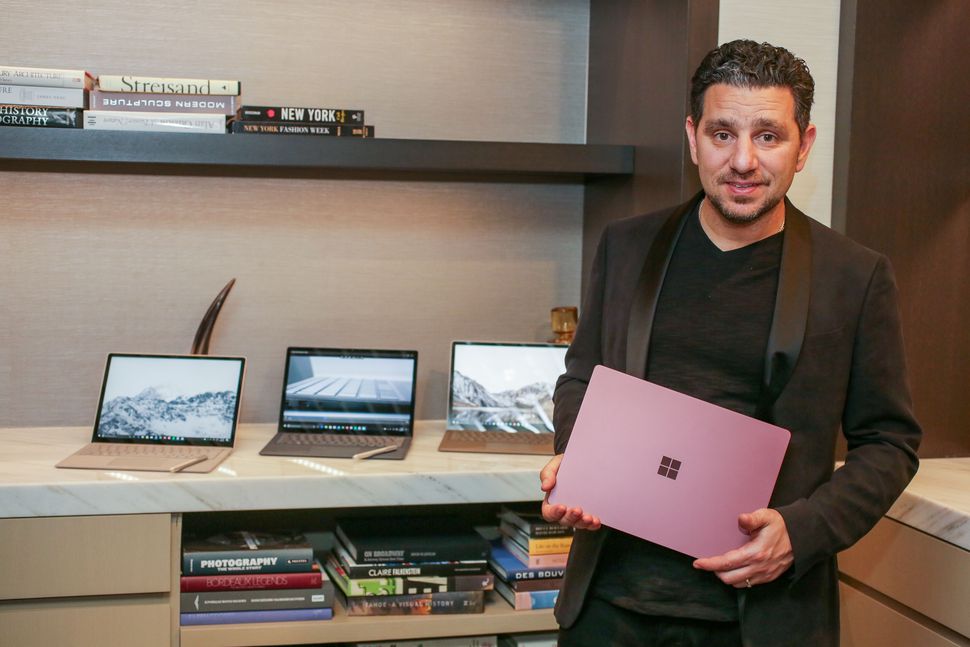
Microsoft's Surface hardware announcements are scattered throughout the year, shown off to small amounts of press, live streamed if we're lucky. Surface marketing is very slick, but often low-key. Ultimately it serves a different market than Xbox, which is gunning for 2 billion gamers. Surface is a very niche product best used by a subset of people who might want all of its unique features in a single, pricy package. There are rumors that Microsoft is looking to bring more accessible, cheaper Surface devices in the future though, and its long-rumored Andromeda folding pocket table is sure to turn heads if it ever actually makes it to market.
Windows as a platform also has its hardcore fans, albeit diminished after Microsoft's very off-handed, anti-community handling of the death of Windows 10 Mobile. The way Microsoft let Windows 10 Mobile slide into obscurity while ignoring fan questions and feedback on the topic for years has created a bitterness that I think Redmond will carry with it to the announcement of Andromeda. And sure, while the core fanbase of Windows is very small, it needn't be.
Where's the fire, Microsoft?
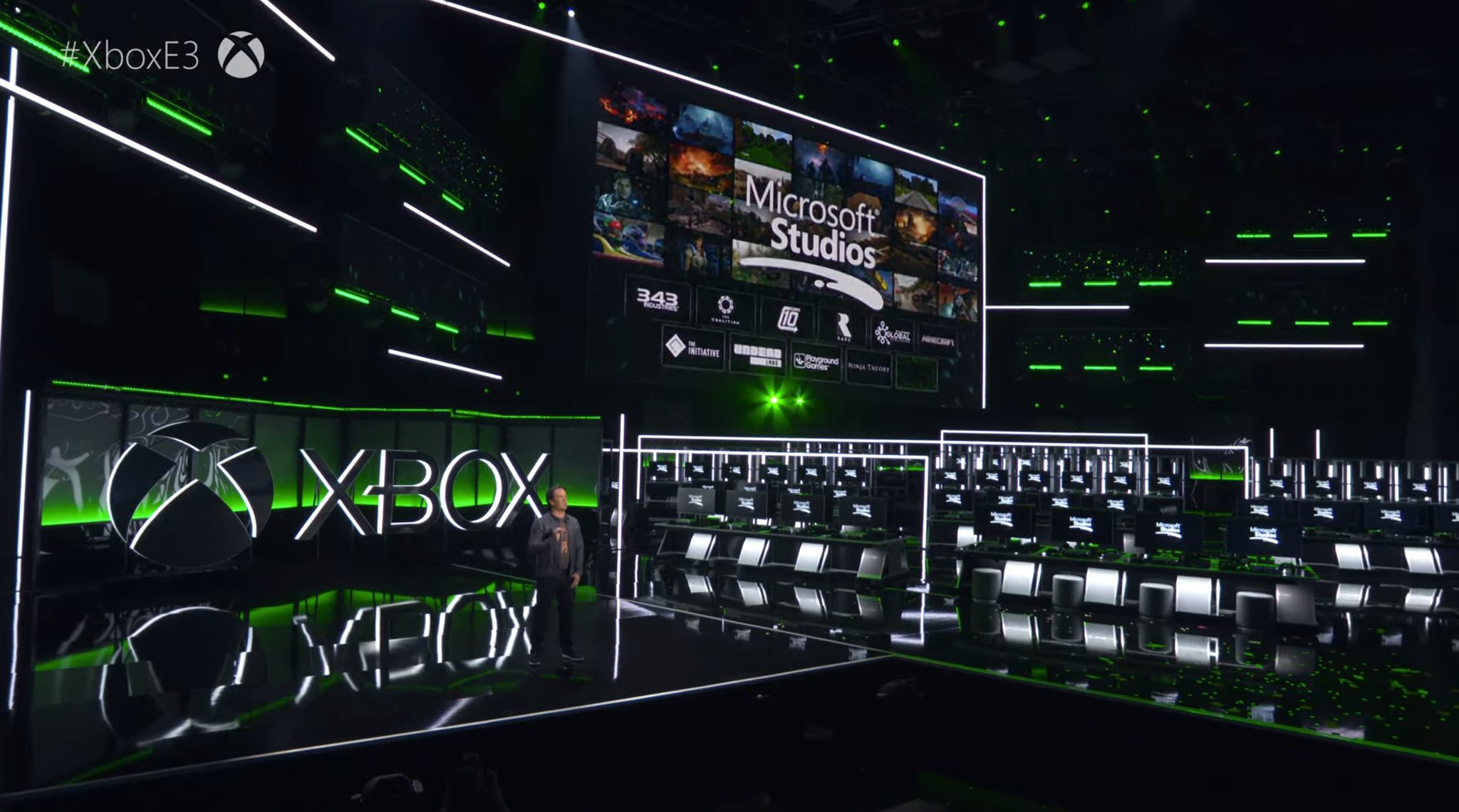
Xbox has shown that it can galvanize, celebrate, and delight its fans with its E3 2018 showcase. Giving us a glimpse at a roadmap that extends years, not months, while impressing the huge amount of investment Microsoft is putting into the division to rectify key feedback points. Xbox's social presence is huge, with many execs frequently talking to fans directly on Twitter, being frank and honest, addressing questions directly.
Meanwhile, Surface and Windows' social presence feels limited and stand-offish by comparison. There are no annual shows for Surface or Windows that are consumer-centric, and Microsoft has this tendency to aggressively hide its roadmap for Windows, emitting virtual radio silence while apps and services are neglected, often on the road to outright cancelation.
As a fan of the Microsoft ecosystem, I wish I could have the same confidence about Windows, the Microsoft Store, Skype, Surface, and various other products that I do for Xbox. I love Windows 10, and I love my Surface Book 2, but the gulf in communication between Xbox and those other divisions is massive. Maybe the audience just isn't there, but I suspect the audience isn't there because Microsoft doesn't want to try and find it.

Jez Corden is the Executive Editor at Windows Central, focusing primarily on all things Xbox and gaming. Jez is known for breaking exclusive news and analysis as relates to the Microsoft ecosystem while being powered by tea. Follow on Twitter (X) and Threads, and listen to his XB2 Podcast, all about, you guessed it, Xbox!
